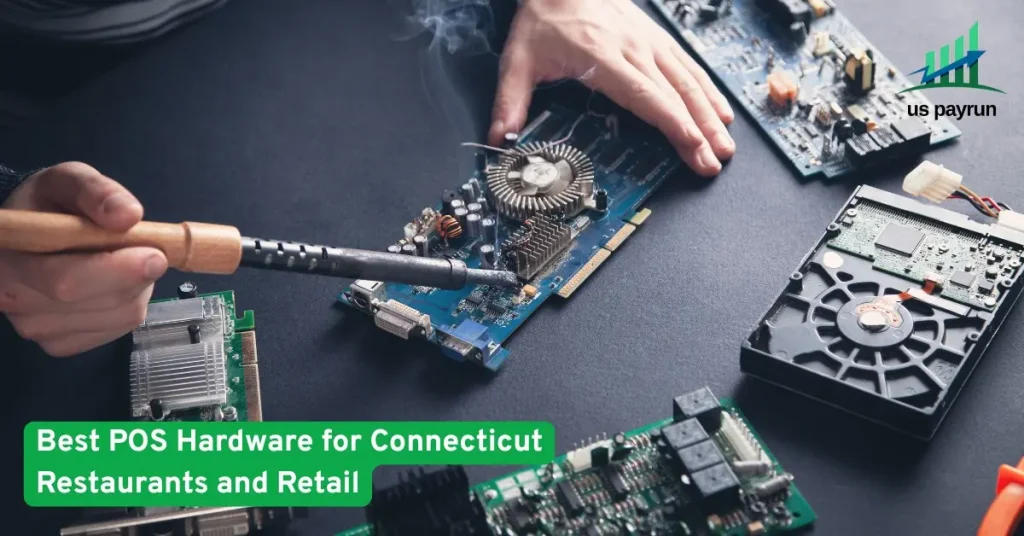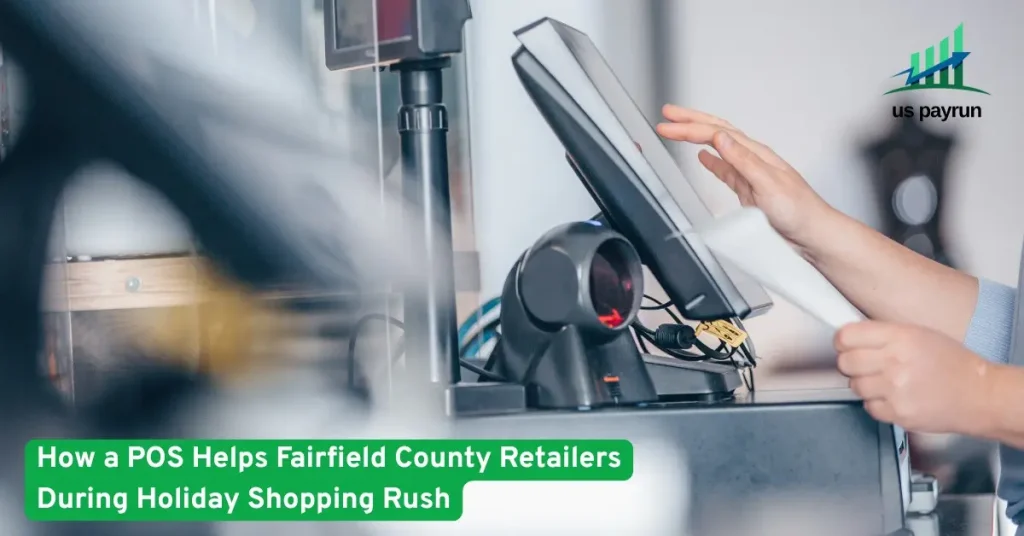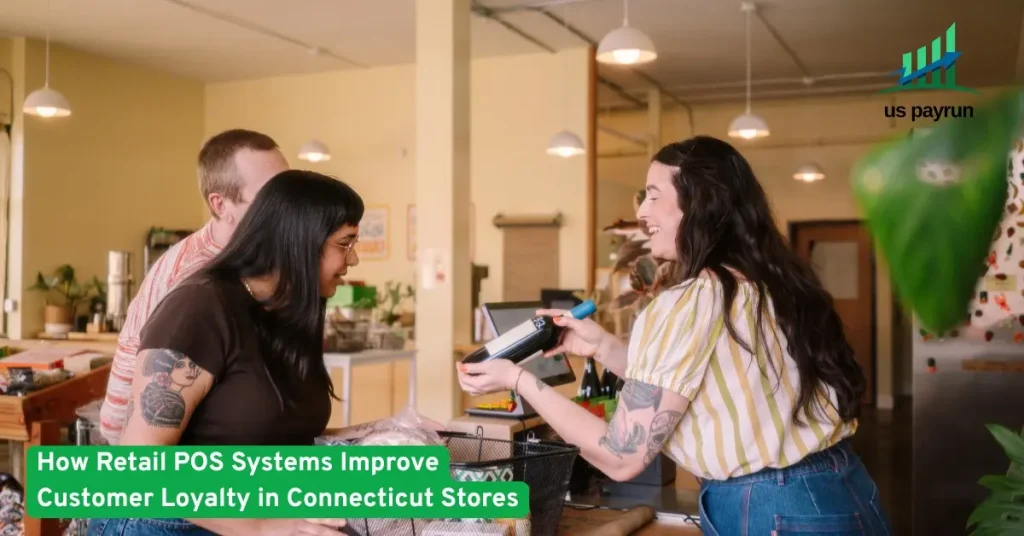
More than 60% of new point of sale sales today are cloud-based – a clear indicator that companies are rethinking how they’re making sales. When you’re shopping for point of sale software, there’s a good chance you’re asking Cloud-Based POS vs Traditional POS Who’s the Winner? The decision will impact virtually every aspect of your retail business and management. Below, we compare the advantages and disadvantages of each system to make it easier to determine which one is best for your company.
Cost – Upfront vs Ongoing
Classic POS systems usually involve an enormous one-time investment in hardware and software, while a cloud-based POS divides the cost into a recurring subscription – lowering the upfront cost by a significant amount. You will be paying subscription fees in the long run, but those usually come with software updates and maintenance – and you get to sidestep the shock bills of repairing or replacing outmoded gear. This pay-as-you-go method is cloud computing for business in the truest sense – providing enterprise-level tools without massive initial expenditures.
Scalability and Flexibility
Cloud POS expands with your business. New locations or registers are added by simply logging in to a new device – no additional servers or complicated installations required. Growing an old-school POS is more difficult and usually means separate systems and enormous sums of money per store. Cloud solutions also integrate easily into other business applications, while most legacy systems can’t exchange information.
Ease of Use
Old-school POS systems are actually very simple to operate (they don’t do much, so there’s not much to learn), but cloud POS software is all sleek and has much more. Sure, you have a little more to learn at first, but you have more features – and even remote access to your cloud POS data and real-time analytics, which you can’t with an old-school setup.
Data Security
That is to say, there is no danger of remote web threats, but your information can be lost in case the machine fails or is stolen (assuming you manage backups correctly). A cloud-based POS stores information on secure, encrypted servers with automatic backup – typically offering improved security. In the cloud, updates and security patches are managed by professionals, while with a traditional system you’re at risk and liability to guard your data. Moreover, cloud vendors manage software updates and maintenance on your behalf in the background, while with a vintage system you do maintenance and repair yourself.
Mobility and Accessibility
A cloud POS is not attached to the counter – you can view your sales anywhere and even check out customers on the floor with a tablet or smartphone (with data syncing in real-time). Traditional POS is attached to the counter (no remote or on-the-go use). And cloud systems are simple to integrate with new contactless mobile payments, but older registers may not be.
Frequently Asked Question (FAQs)
- What are the key advantages of cloud-based over local traditional POS systems?
Cloud-based POS systems run on web servers, with remote access from anywhere and auto-updating. Local traditional POS systems have restricted remote access, typically needing manual updating and maintenance.
- Which POS solution would be best suited to a small business?
Cloud POS is generally best suited for small enterprises due to its cheaper upfront cost, adaptability, and ease of integration with other software applications. Conventional POS will do if your business is straightforward and you do not want any recurring monthly charges.
- Are cloud-based POS systems secure?
Yes. Cloud POS solutions come with strong security features like encryption, secure backup, and real-time monitoring to protect your business data. Security upgrades are handled by vendors regularly.
- What if my internet drops during a cloud POS?
The majority of cloud POS solutions come with an offline mode, and you can keep taking transactions uninterrupted. Once the connection is back up, all transactions upload automatically to the cloud.
- Can I utilize my current hardware with a cloud-based POS?
In general, yes. Cloud-based POSs are typically compatible with existing hardware like receipt printers, scanners and barcodes, and cash drawers, which reduces the cost of needing to buy extra equipment.
Why Choose Us
We provide the latest POS technology with support you can count on. Here’s why businesses choose us as their point-of-sale solutions provider:
Experience & Support: Over 20 years of small business experience paired with 24/7 support.
Forward-Thinking, Flexible Solutions: Web-based software that’s user-friendly and flexible to your needs – with the flexibility to handle on-premise or hybrid implementations.
Integrated & Mobile-Ready: Easy integration with eCommerce, accounting, and other business software and mobile payment and real-time reporting capabilities.
Conclusion
Thus, Cloud-Based POS vs Traditional POS: Which One Reigns Supreme? For most companies these days, a cloud-based POS is the ticket due to increased flexibility and overall value over the long term. Old-fashioned systems are fine for some (if you’ve got extremely simple requirements or sporadic internet), but can’t compare with convenience of new cloud solutions.
Ready to take your POS to the next level? Call US Payrun today to schedule a free demo or consultation, and discover how our POS solutions can revolutionize your business.



